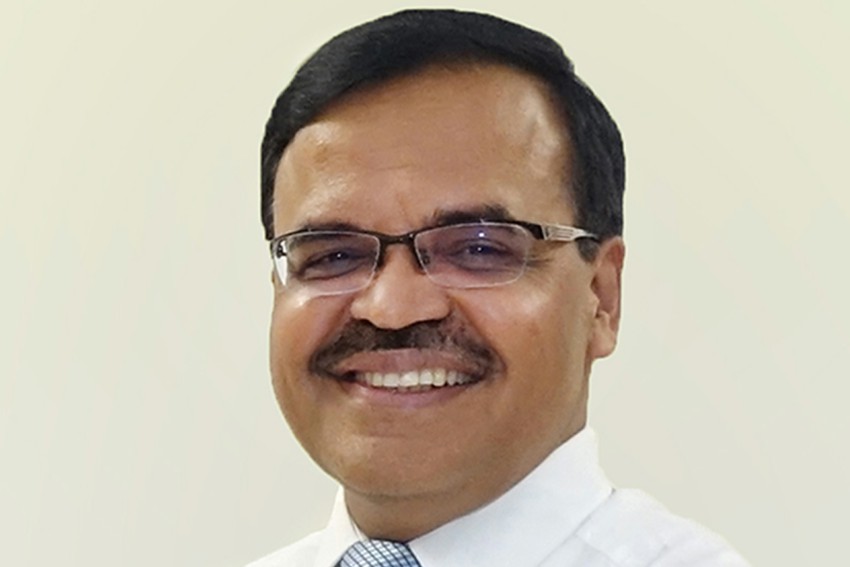The Worldfolio speaks to Mr. Jagadish CV, Chief Executive Officer of Systems on Silicon Manufacturing Company (SSMC).

How would you analyze the Singaporean economy and how do you see its evolution over the next few years?
The cost of doing business in Singapore is definitely not what it was 25 years ago, so it's going up. So, if Singapore continues to manufacture lower value-added products, we'll go out of business. That means we can no longer make the textiles or we can no longer make the shoes or we can no longer assemble the so-called consumer electronics, the lower-value products because the cost of manufacturing is high.
However if you look at the manufacturing sector, you can select what is suitable for Singapore. So, we did discuss this earlier and I mentioned briefly about Singapore having predictable infrastructure. So, what is predictable infrastructure? It is the supply of the electricity, water, gases and chemicals, twenty-four hours a day, 365 days a year.
So, then what you need is the infrastructure in terms of the industrial space, in terms of availability of the workforce. Also you need the predictability of your transport, your airports, your shipping lanes. Singapore offers all of this predictable infrastructure.
What are the trends that will affect the semiconductor industry in the near future?
The semiconductor industry evolved over 50 years, and is driven by different market segments. Of course, it started off with simple radios then it became televisions then it became computers, now it is automotives. Even the cheapest cars in the world need to have at least one or two or three semiconductor devices.
So now coming back to SSMC, in this industry, we went through that journey of transforming ourselves every five years. We began as a joint venture between Philips of Europe and TSMC of Taiwan. Then NXP Semiconductors took over the Phillips equity.
So, in the first five years as I was mentioning, we did the logic products. In the next five years we started doing the specialty products, high-performance mixing. Of course, in between in the high-performance mixing, we also did what is called the security-related products. We make semiconductors that go into passports. We then went through a third transformation which involved embedded flash technology. So that's when the world started moving towards the automotive industry, adopting the semiconductors in their products.
Which SSMC products are you the proudest of?
I would say there are quite a few products but of course the electronic passports. Another thing that makes me proud is we make an audio amplifier chip that goes into the ear. Some of the things we can do is make green semiconductors, something that is going to reduce the consumption of energy, or semiconductors that help humans, or enhance global security. Those kinds of things, will definitely motivate me as an individual, as we are contributing to the community at large.
0 COMMENTS